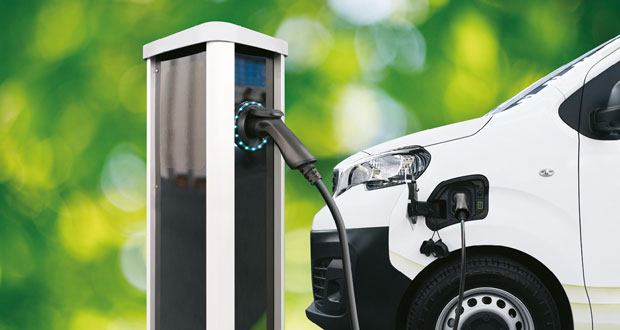DATA DRIVEN
Rental management software that enables access to the rental supply chain can help ensure fleet vehicles are utilised in the best way possible. A great example is if a customer hires 10 vehicles, but after the first week only uses five. The digital data ensures the rental company is then prompted to make contact and see if the vehicles are still needed, therefore reducing the number of unused vehicles.
This data-driven approach can help lead to reduced fuel consumption and lower emissions. Monitoring the lifecycle of a vehicle is an additional benefit, as by tracking performance, the fleet can be optimised to ensure maximum sustainability throughout each vehicle’s lifecycle.
Renting fleet vehicles can mitigate the risks often associated with vehicle ownership, such as depreciation and maintenance costs. Staying on top of maintenance is a very important factor for reducing carbon emissions, even down to smaller elements. Linking in with available technology, the suppliers can monitor the maintenance needs of the vehicles being rented and can send repair packs where needed.
It is also worth noting that this digital approach can also be beneficial when looking at end of hire rental processes such as damage claims. Not only does it manage both the rental company and customer, but it can also make sure the appropriate amount of compensation or cost is associated to the damage caused.
SCOPE 3 EMISSIONS
A final factor to consider with fleet rental vs ownership is Scope 3 emissions. These are the indirect emissions that occur in the value chain of the reporting company. Renting fleet vehicles as a business can play a significant role in managing and reducing these emissions. Not only does rental allow for right-sizing fleet solutions but the flexibility and customisation of rental enables a reduction in unused vehicles and the option of a diverse range of vehicles to align with sustainability goals and operation requirements.
In line with the latest Scope 3 framework created by the Sustainable Facilities Management Index (SFMI), many companies are now stepping up their reporting and monitoring structures for Scope 3 emissions. Balancing fleet management whilst adhering to this framework is a fine balancing act, especially as leased assets and business travel are both included. By leveraging technology businesses can gain a better view of meaningful data, often providing more detailed information than if the business owned the fleet itself.
Another sustainability focused benefit of utilising rental in fleet management is the extensive intermediary network offered. Thanks to the large supply chains available, it is possible to ensure vehicles are rented out within tight proximity to the location they are needed, reducing travel time and emissions.
In conclusion, when looking at sustainability of fleet ownership vs fleet rental, it largely will depend on the needs of the business itself. However, in numerous vital areas such as carbon reduction, fleet ecosystems and risk mitigation vehicle rental comes out on top.






